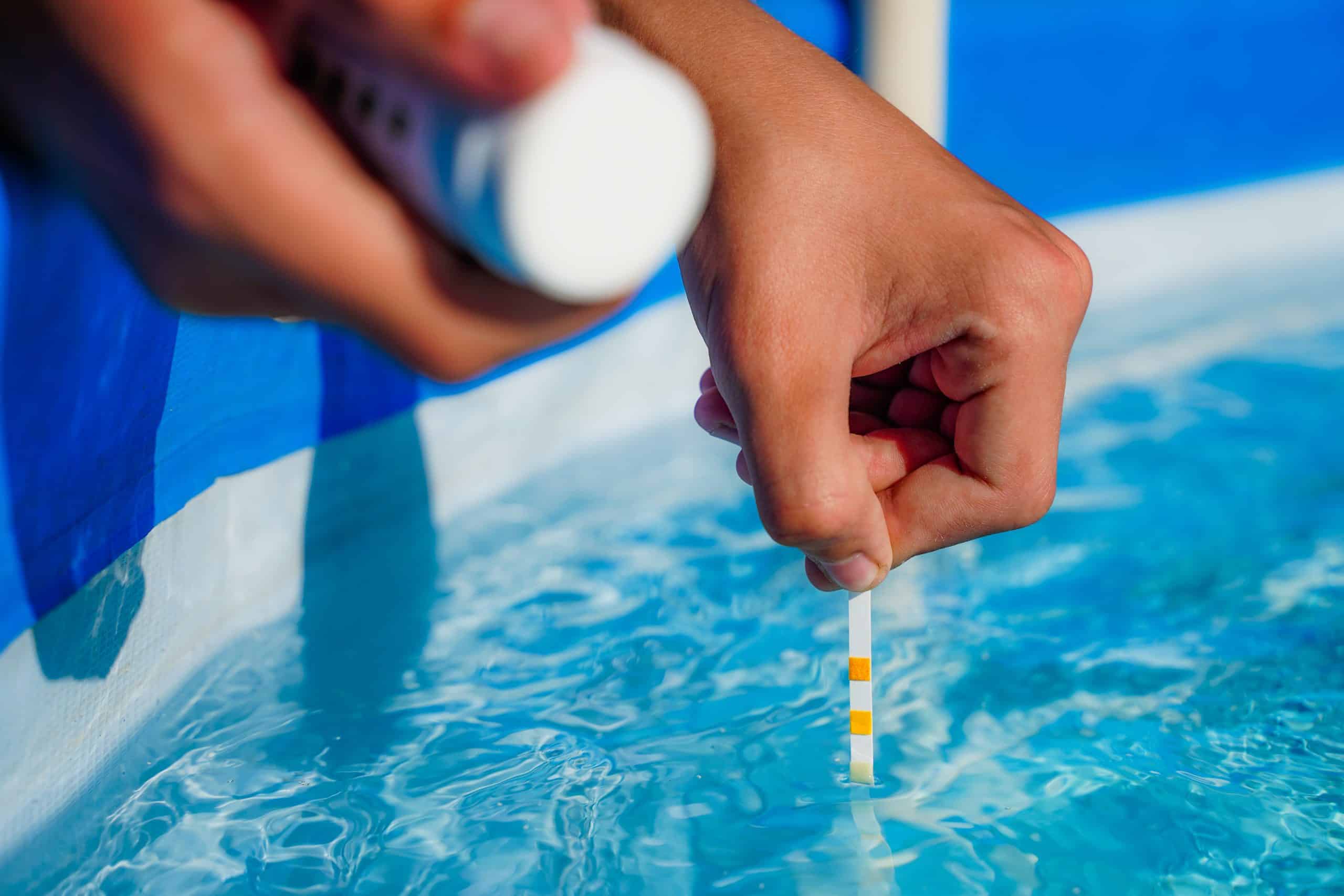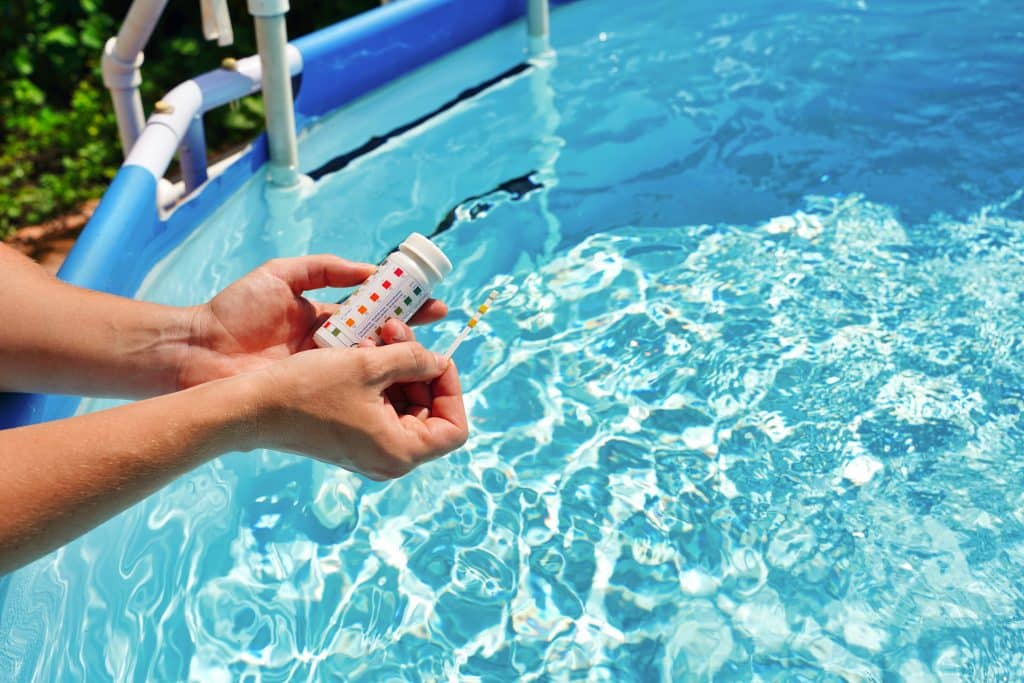Swimming, Spa & Hydrotherapy Pool Systems Training
1/2 Day Live Virtual Classroom – £195
Price includes City & Guilds Certification

Swimming, Spa & Hydrotherapy Pool Systems Training
1/2 Day Live Virtual Classroom – £195
Price includes City & Guilds Certification


Swimming Pools, Spas and Hydrotherapy Pool Systems Training Course Overview
This course covers the different water systems used in the leisure industry including swimming pools and hot tubs, and the risks associated with waterborne pathogens including legionella bacteria, Pseudomonas Aeruginosa, and staphylococcus, as well as bacteria and viruses carried by the user.
Delegates will leave the course with an understanding of the legal and technical requirements, furthermore the management skills covering health and safety, and how to operate any facilities effectively.
This covers a variety of pool systems, from larger commercial pools to smaller pools, and those for people more susceptible to illnesses.

Need more information or have bespoke requirements? Contact our friendly support team today!
This is a City & Guilds Accredited Programme swimming pool training course that has a comprehensive range of modules that covers:
- Medical Aspects of managing pool systems
- Legal legislation, obligations and implications of managing pool systems
- Pool Pollution, including waterborne pathogens, biological pollution and coliforms.
- Circulation of pool water
- Maintenance of pool systems, including plant design and operation
- Methods of water disinfection in pool systems
- Treatment and quality of water – e.g pH levels
- Water monitoring, the temperature in pool systems and sampling
- Pool Water Treatment Advisory Group (PWTAG)
- HSG 282 – HSE Guidance on legionella control and infectious agents in Spa-Pool systems

- Learners will get an overview of Leisure Pools, Swimming Pools & Spa Baths
- Learners get an understanding of Waterbourne Pathogens
- Learners will get an understanding of Legislation & Guidance surrounding Swimming Pools, Spas and Leisure Pool Systems
- Learners will gain knowledge of Management Responsibilities
- Delegates will leave with an understanding of the pool equipment and their desgin
- The learner will gain an understanding of the disinfection of pool systems
- the learner will learn how to monitor the water quality in swimming pools, spas and hydrotherapy pools
- The delegate will gain an understanding of sampling regimes.
• The medical aspects of managing pool systems
• A knowledge of the legal obligations and implications of managing pool systems
• Pollution of pool water in pool systems
• Waterborne pathogens
• Pool water circulation
• Plant design, operation and maintenance of pool systems
• Methods of water disinfection in pool systems
• Water quality & treatment – pH alkalinity etc.
• Water monitoring, sampling, the temperature in pool systems
• PWTAG (Pool Water Treatment Advisory Group)
• HSG 282 (HSE guidance on control of legionella and other
infectious agents in Spa-Pool systems)
At the end of the Swimming Pools, Spas and Hydrotherapy Pool Systems Training Course, each delegate undertakes a multiple-choice assessment. This consists of 20 questions with 15 correct answers achieving a pass grade (75%).
On successful completion of this Swimming Pools, Spas and Hydrotherapy Pool Systems Training Course, you will receive a City and Guilds Accredited Programme Certificate.
Paper copies of certificates can be supplied subject to a small administration fee.
This will need renewing every 2 years.
Why is swimming pool, spa and hydrotherapy management important?
Swimming pools, and, other pool systems whether for leisure or medical use, must be managed effectively as bathers introduce the majority of pollutants into swimming baths. This includes:
- Bodily Tissues & Excursions
- Including sweat, urine & hair
- Dirt
- Open-air pools incur more problems such as leaves and insects
- Cosmetics
- Powders, creams, lotions for example.
LIVE Virtual Classroom
-
Exact same course as the face-to-face training
-
No software or IT skills required
-
No travel needed
-
Excellent value for money
-
City and Guilds Accredited Certification
On Site Training
-
For 5 learners or more
-
Dedicated trainer for the duration of the course
-
Better suited to those who prefer face-to-face training
-
Tailor the legionella responsible person course to your company’s needs
-
City and Guilds Accredited Certification included


